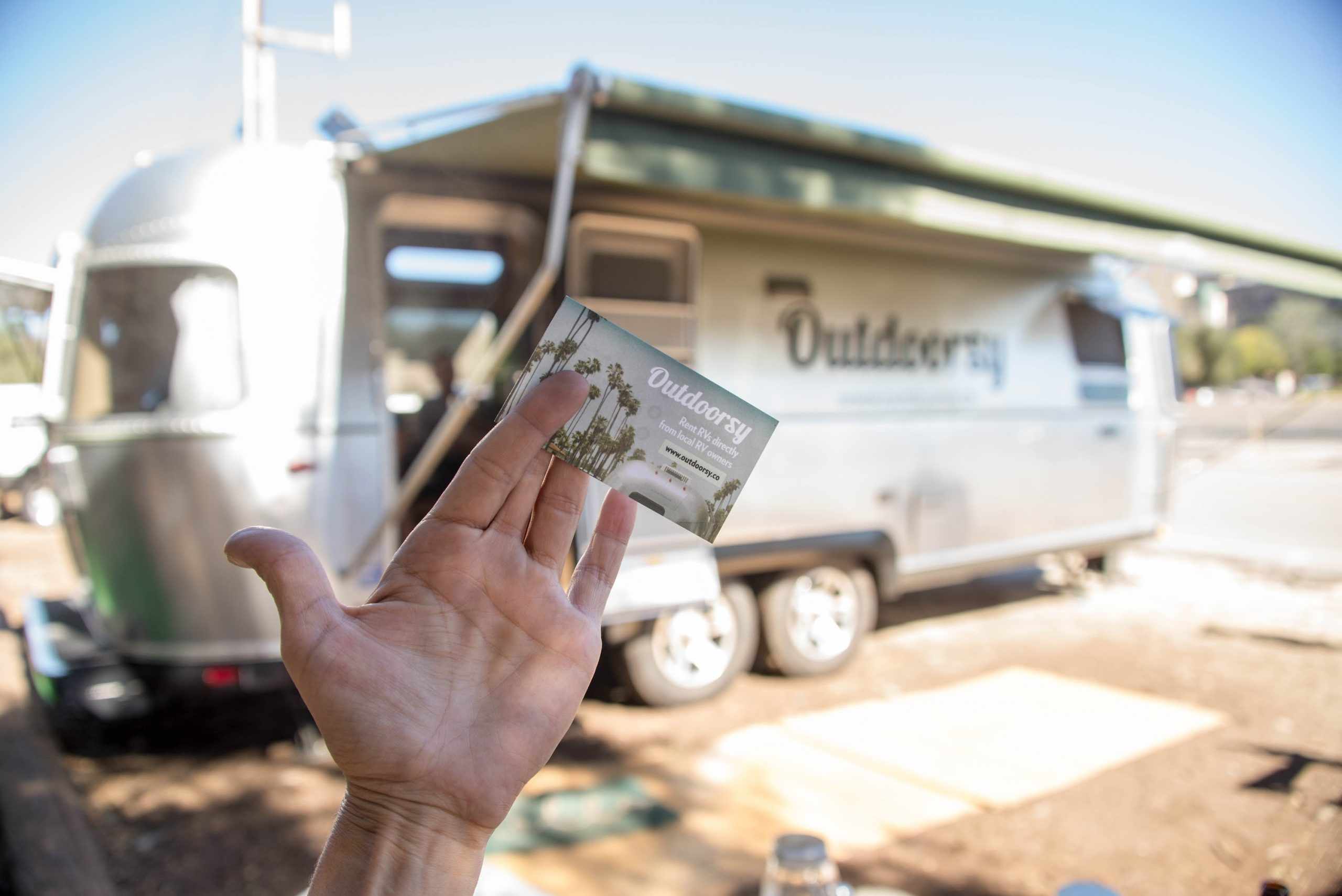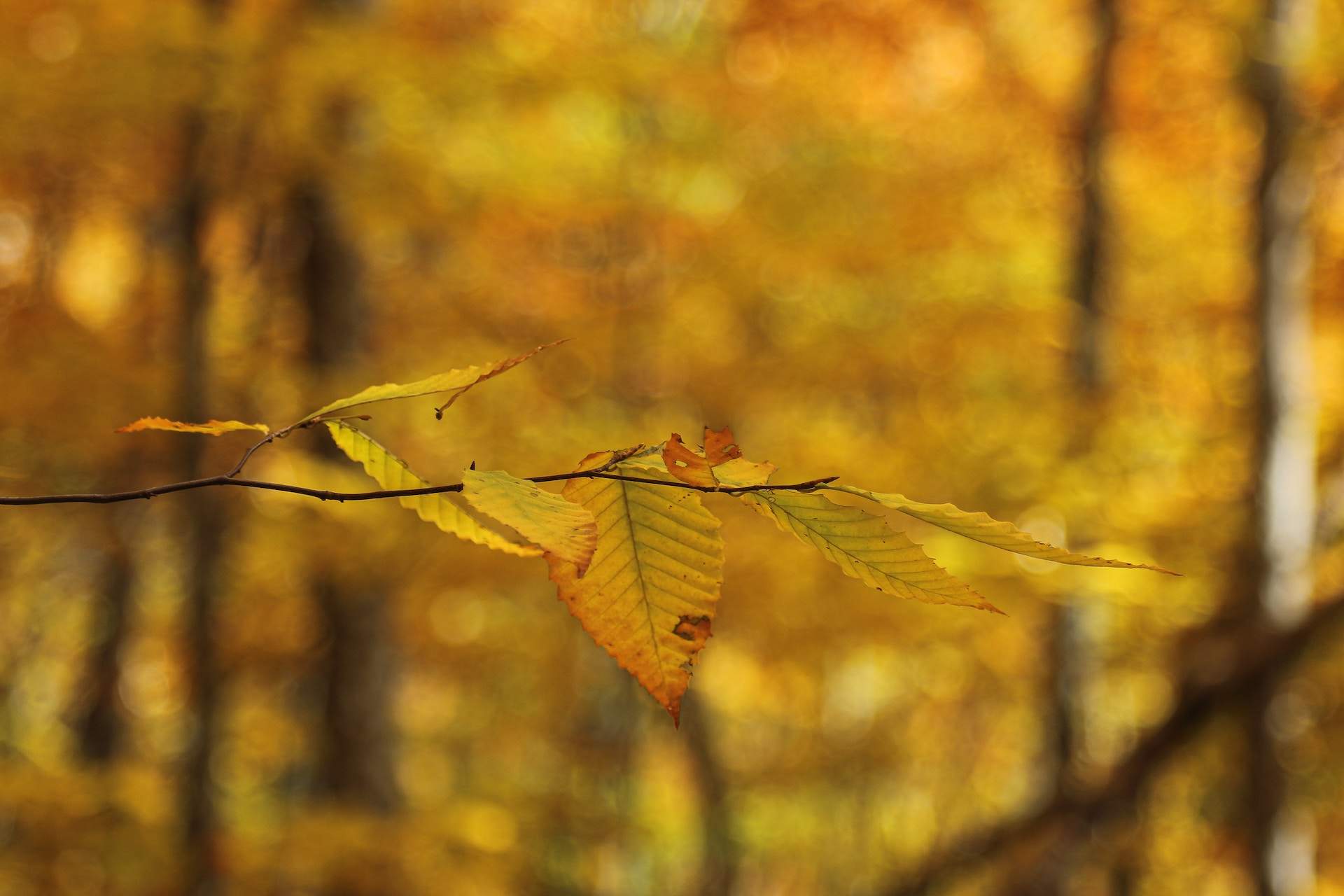I know, I know. Summer isn’t over just yet. But as the days get gradually shorter and cooler, we will start mourning summer by anticipating all the benefits of autumn. Like visiting national parks that are too hot to handle in the middle of the year or swinging by other parks that light up with vibrant colors as the foliage changes. That’s right—it’s about to be leaf peeping season, y’all.
In anticipation of the new season, we put together a list of 8 national parks that are always beautiful but especially stunning during the fall months—from the deserts of California to the shores of Maine. In each of these places, you can expect mild temperatures, stunning scenery as the trees and flowers change shades, and approachable activities for the whole family.
RVs For Rent Near You
National Parks Packing List
Before you head to the parks, pack some essentials for your fall travels:
–Camping gear — Sleeping bags, lights, shade tents, tools, camp chairs, kitchen supplies, and more will create a comfy basecamp for further exploration in the parks.
–Fire stuff — Many parks feature day-use pull-off picnic areas where you can enjoy a fire even if you don’t stay the night. Just be sure to follow all fire rules for any park you visit.
–Hiking shoes — Our national parks feature trails for all skill levels. From mellow walks to burly ascents, a pair of good-fitting hiking shoes will protect your feet for miles and miles.
–Annual park pass — $80 isn’t a lot to pay if you plan on visiting more than two parks this year. Here’s a challenge: The more you visit, the more worth your money it is.
–Mountain bikes (or hybrid bikes) — Many parks have bike-friendly paths. Instead of taking a scenic drive, why not hop on these two-wheeled chariots? Bring your own or rent one to try.
–National Park guidebook — Cell reception can get spotty on these large swaths of land. Bring an old-fashioned guidebook for backup.
1. Congaree National Park, South Carolina

Witness the trees shed their green for gold in the largest intact expanse of old growth bottomland hardwood forest remaining in the U.S. These ancient giants have endured many seasons over the millenia, spanning all the way back to the Congaree people who first lived in the region.
Because the majority of the park lies within a floodplain, most hikes are flat and meandering, even along the backcountry trails. But kayaking and canoeing the Congaree and Wateree Rivers are the most popular activities, where you can travel the same path as the nutrients and sediments that nourish the ecosystem and support the champion trees.
Another benefit of visiting in fall: Less bugs.
RVs for rent near Congaree National Park
2. Death Valley National Park, California

It’s not called Death Valley for no reason. Scorching temperatures make this park unbearable during the summer months—we’re talking 120°F and above on the regular—but things cool down greatly in late fall for a more enjoyable visit.
At 3.6 million acres, this park is actually the largest in the lower 48, and therefore, it’s best explored by vehicle. So top off your tank with gas, crank the AC, and don’t forget to hydrate. Points of interest you don’t want to miss include Mesquite Sand Dunes, Zabriskie Point, Badwater Salt Flats, and Racetrack Playa, where you can drive a 4×4 to the mysterious moving rocks.
Top tip: Download your maps ahead of time because there’s very little service in the park.
RVs for rent near Death Valley National Park
3. Everglades National Park, Florida

Where else can you see a manatee, American crocodile, and elusive Florida panther all in one place? Ok, so maybe you won’t see them all, but just know they exist. Everglades National Park is the largest subtropical wilderness in the U.S., protecting 20 percent of the original Everglades.
During the dry season, the thick tropical humidity burns off by the fall and lasts through the winter, which means less bugs but more visitors. Your chances of spotting wildlife increase as animals congregate around watering holes and birds overwinter in the warm Florida climate.
Wildlife not-so-secret tip: The Anhinga Trail is a reliable place to spot alligators, turtles, and birds.
RVs for rent near Everglades National Park
4. Rocky Mountain National Park, Colorado

Mid-September through early November is peak leaf-peeping season in Colorado, when the aspens turn from green to gold to orange to red in unison. Spot the sea of trees by taking a scenic drive on Trail Ridge Road and Bear Lake Road. It just so happens that leaf season coincides with elk mating season, so keep an ear and eye out for bugeling bulls.
Once snow starts falling in late October, Trail Ridge Road closes for the season, so get your trip in before winter. Remember to pack layers because fall at high altitudes can get abruptly chilly.
Road trip tip: Outdoorsy Bayfield is a little over 6 hours to the south. Why not take a whole tour of Colorado, from north to south?
RVs for rent near Rocky Mountain National Park
5. Big Bend National Park, Texas

Come fall, it’s still going to be hot in Big Bend. It’s in the Chihuahuan Desert after all. But instead of 100°F it’s 80°F, a more ideal time to hike among the changing colors in the Chisos Mountains. Hike along Santa Elena Canyon Trail, an easy 1.7-mile round trip hike along the river that’s approachable for the whole family.
Overlanding is also a popular activity in Big Bend. Take your four wheels on a 116-mile loop that connects dirt roads and pavement through most of the park.
Heads up: Three front-country campgrounds start taking reservations up to a year in advance.
RVs for rent near Big Bend National Park
6. Zion National Park, Utah

The buzz calms down in fall for a slightly calmer pace at Zion National Park as visitation dips. Like elsewhere in the country, the leaves transition, but it’s a sight to behold in the park that’s already vibrant with red and purple geological masterpieces.
Take advantage of the lesser crowds and visit the more popular spots usually packed with tourists, like hiking through the Narrows and driving the Mount Carmel-Zion highway. Stop for sunset or stargazing at the Kolob Canyons Viewpoint on the park’s west side.
Packing tip: Temperatures can vary by 30°F on any given day in fall, so bring layers!
RVs for rent near Zion National Park
7. North Cascades National Park, Washington

Late summer and early fall is berry season! Huckleberries ripen at higher altitudes through September, making for a sweet visit to North Cascades National Park. Find bushes along your hikes, but don’t take a bite unless you’re completely sure what you’re plucking.
Plus, spot the golden larch trees on prime viewing trails like the 4.5-mile Blue Lake Trail, 3.6-mile Thunder Knob Trail, and 1.5-mile Ross Dam Trail.
Camping advice: Take a chance on the park’s three campgrounds.
RVs for rent near North Cascades National Park
8. Acadia National Park, Maine

The Northeast in the fall. Does it get any better? Yes, yes it does if you consider yourself a birdwatcher. More than 300 species of birds begin their annual migration for warmer climates, a phenomenon that you can only see in the fall—and spring when they return.
See more wildlife in the tidepools. Summer crowds have thinned out so you’re more likely to be on your own out there looking for sea stars.
Bonus activity: Appreciate the autumn leaves from high up in Beech Mountain fire tower.
RVs for rent near Acadia National Park
As you’re scouting places to visit this fall, think about how your goals and interests might align with these eight parks. Wanting to challenge your wildlife-spotting skills? Try Rocky Mountain or Acadia. Not ready to unpack your sweaters from storage? Head to Big Bend or Death Valley. Roll out in an RV or search for other kinds of outdoor experiences through Outdoorsy.








